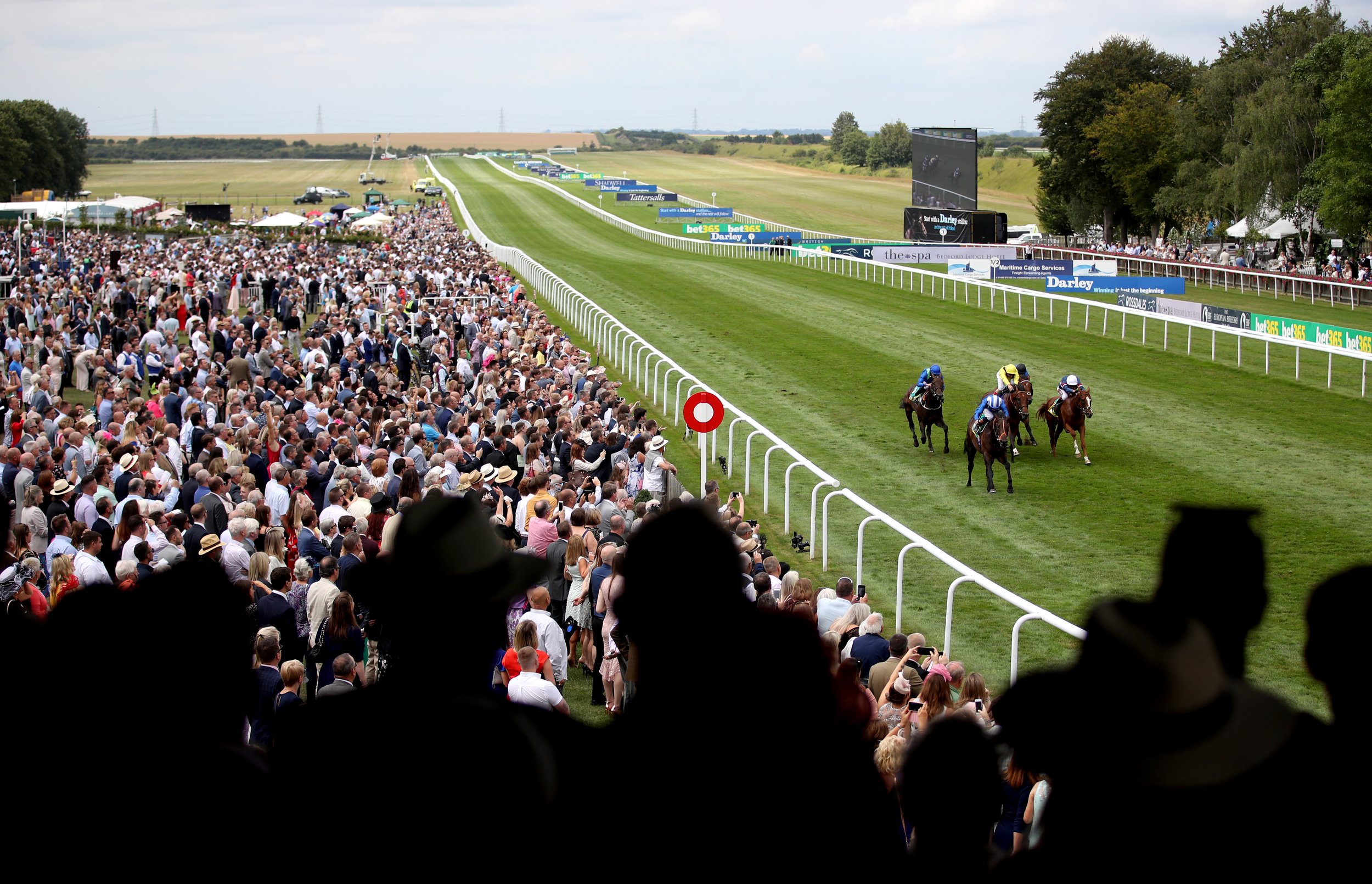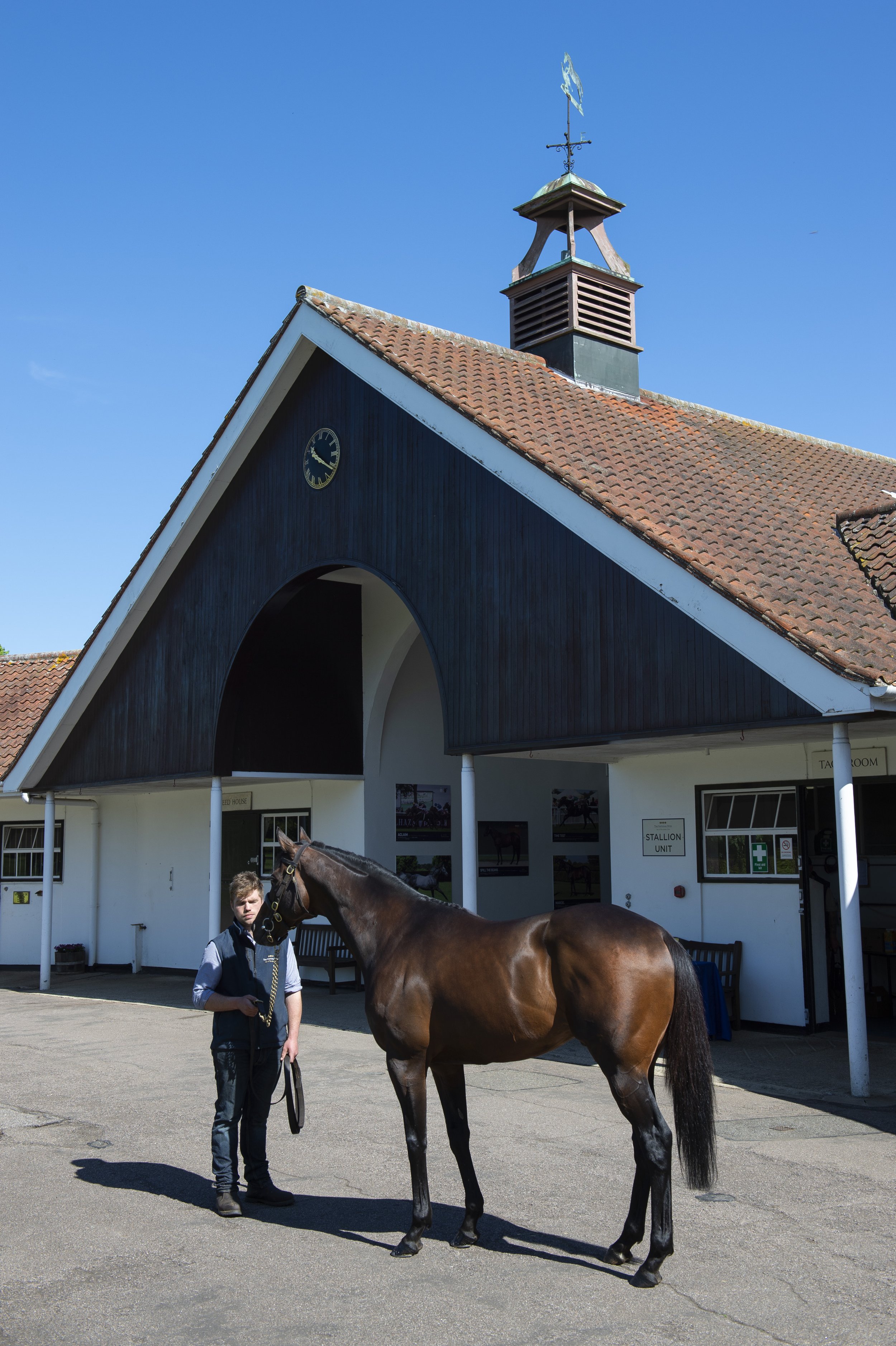OUR ORIGINS
Gimcrack on Newmarket Heath by George Stubbs shows a trainer, stable lad and a jockey. Gimcrack was one of the most popular and admired of all 18th century racehorses.
Despite its name, The Jockey Club has never been a club for jockeys
It is only in relatively recent history that racing has been staged on an organised basis.
The first formal match race famously took place on Newmarket Heath in 1622, and over the following century the practice grew rapidly in popularity.
In 1740 the government of Sir Robert Walpole became concerned at the popularity of racing and the gambling that took place on it.
New laws were introduced to try to regulate the activity and make it less popular, but they proved ineffective. Fearing further government intervention, racing enthusiasts came together in the coffee houses of London and in 1750 they created racing’s own regulatory body: The Jockey Club.
Despite its name, The Jockey Club has never been a club for jockeys. In the 18th century it was traditional for professionals and tradespeople to be described by their occupations, with a first name of “Mr Jockie” for those in racing.
Although early meetings were based in London, Newmarket was already the home of horseracing and it was just two years before The Jockey Club laid down permanent roots there.
In 1752 The Jockey Club leased a plot of land in Newmarket and built a coffee house, and in the 19th century the land was acquired permanently. The original building still exists today and has been restored and maintained as part of The Jockey Club Rooms, which were re-built and expanded in the 20th century.
An integral part of Newmarket High Street, the Rooms embody the link between the town of Newmarket and The Jockey Club, which remains as strong as ever to this day. It is home to one of the finest collections of equestrian art to be found anywhere in the world, with tours available to the public through Discover Newmarket.
THE JOCKEY CLUB:
TODAY
The Jockey Club is one of the largest sports and leisure businesses in Great Britain, with over 600 permanent employees and four main components:
Jockey Club Racecourses operates 15 of the leading tracks in the country – Aintree, Carlisle, Cheltenham, Exeter, Epsom Downs, Haydock Park, Huntingdon, Kempton Park, Market Rasen, Newmarket (Rowley Mile and July Course), Nottingham, Sandown Park, Warwick and Wincanton.
Jockey Club Estates maintains and operates world-leading training facilities in Newmarket, Lambourn and Epsom.
The National Stud offers first class breeding services and internationally renowned education training courses and facilities for young people embarking on a career in the thoroughbred breeding industry.
Racing Welfare is a registered charity, supporting the wellbeing of the industry’s current and former employees and their dependents.
Our Patron is Her Majesty The Queen and we have a Royal Charter Commitment to re-invest everything we make back into racing. Our collective mission is to act for the long term good of British racing in everything we do and that means acting in the long term interests of Newmarket, our home and the spiritual home of our sport.
Economic Impact
Horseracing is Britain’s second biggest spectator sport, with Newmarket known as the headquarters of flat racing and responsible for approximately 3600 full time equivalent jobs through direct employment, and many more through indirect employment, for example at Newmarket Racecourses’ events and Tattersalls sales.
The most recent report on the economic impact of the horseracing industry around its international home in Newmarket, revealed that in 2017 alone, racing and breeding contributed more than £240million per annum to the local economy – a figure that grows year-on-year.
The independent study was commissioned as an update to a 2014 study by Forest Heath District Council, in conjunction with Newmarket Horseman’s Group.
Skills and careers
Among our own team are many former Newmarket students. These include Matthew Calkwell, Karen Ladym and Emma Richardson, who all form part of the team at Racing Welfare having been educated in the town.
Newmarket-based stallions cover up to 3,000 mares every breeding season generating more than 150 million in covering fees.
Warren Hill Training in Action with Newmarket in the backdrop.
The Jockey Club’s National Sales Director, Hannah Grosvenor, was born and educated in Newmarket before landing her first job as a Hospitality Sales Executive for Newmarket Racecourses in 2008.
Now, aged 34, she has a senior role nationally. Hannah explains:
“When I was a teenager at Newmarket Academy, I loved sport, especially tennis. I wasn’t overly academic, and I had no knowledge of horseracing, so when my Dad spotted the job advert in the local newspaper, for a Hospitality Sales Executive, I thought I’d need a racing background – but I didn’t.
What I needed was a good work ethic, an ability to deal with people at all levels and a desire to learn and succeed. I’ve been so lucky to have grown my career with The Jockey Club and I’m proof that if you work hard, there are no limits!”








